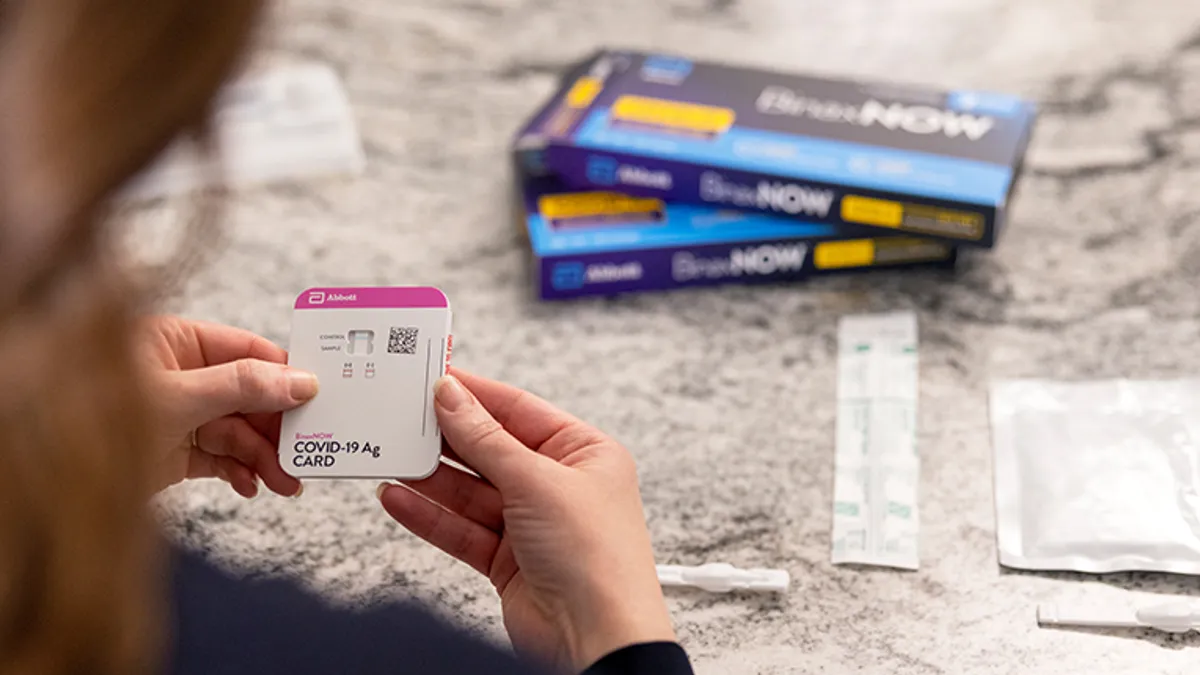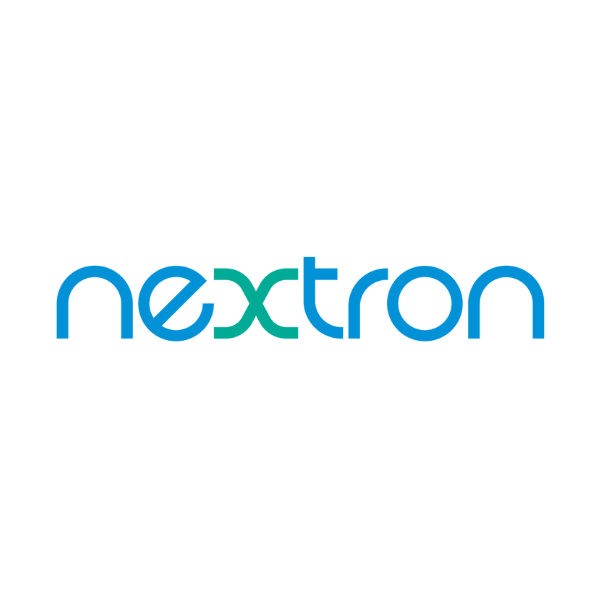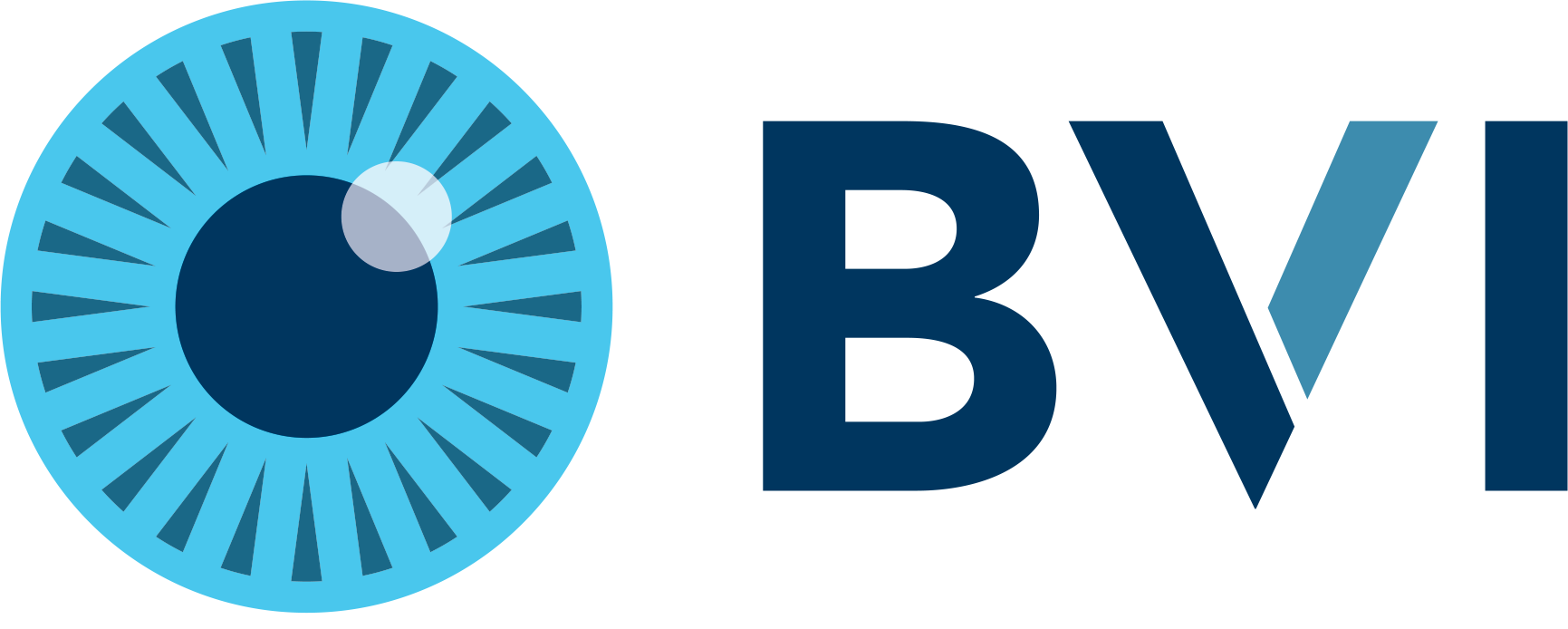Dive Brief:
- Abbott Laboratories has been awarded a $1 billion contract by the U.S. Army to provide rapid COVID-19 antigen tests to the federal government, as part of the Biden administration's efforts to purchase one billion at-home test kits to help meet future testing demand.
- The award to Abbott Rapid Dx North America, for an undisclosed quantity of the company's BinaxNOW tests, follows a $306 million firm-fixed-price contract in January. Work on the latest contract, funded through the American Rescue Plan Act, will be performed in Orlando, Florida, with an estimated completion date of June 26. In a separate announcement on Friday, the Department of Defense said it had in coordination with the Department of Health and Human Services awarded contract modifications to Abbott and iHealth Labs for an additional 176.8 million over-the-counter COVID-19 tests.
- Under the Administration's procurement program, Abbott, iHealth and Roche were all awarded contracts in January for a combined 380 million test kits. An Abbott spokesperson in an emailed statement would not disclose the quantity of antigen tests to be delivered in fulfillment of the latest contract, but said the diagnostics maker has provided hundreds of millions of tests to the U.S. government since the beginning of the pandemic, which is "more than any other company."
Dive Insight:
At the peak of the omicron variant's spread in the U.S. in January, COVID-19 tests were scarce and in high demand. However, Abbott's $1 billion test contract award comes as the demand for rapid diagnostics has waned since the omicron surge peaked in late January and confirmed cases have dropped dramatically.
DoD in January awarded a contract to Siemens Healthineers to procure 50 million over-the-counter COVID-19 test kits, and that same month also awarded a contract modification to iHealth to buy an additional 104 million tests. That was followed in February with contract modifications awarded to Roche and Siemens for the purchase of a combined total of 138 million kits to "support the president’s plan to deliver one billion free at-home COVID-19 tests to the nation in response to the omicron variant."
Despite the flurry of recent contract awards to companies, the U.S. Postal Service earlier this month announced that it had only delivered approximately 270 million COVID-19 test kits to American households that were ordered online. Whether Americans will continue to order rapid antigen tests from the government remains to be seen in the Biden administration's second round of available diagnostics.
At the same time, the White House has warned Congress that if it does not soon provide more than $22 billion in additional funding, part of which would go to purchasing rapid tests, these diagnostics could again be in short supply if the country experiences another COVID-19 surge.
In the meantime, the more transmissible omicron BA.2 subvariant has more than doubled in the U.S. over the past two weeks and is predicted by public health experts to soon become the country's dominant variant.
An Abbott spokesperson in an emailed statement made the case that the Biden administration is "supporting American manufacturing" through its purchase of COVID-19 tests "which puts the country in a stronger position to respond quickly to new variants and future surges."
Diagnostics companies including Abbott and Quidel have been scaling up production in an attempt to meet the testing demand.
Abbott's spokesperson noted that the company has built two new U.S. manufacturing facilities in Maine and Illinois that employ more than 5,000 people. However, Abbott last year eliminated manufacturing positions tied to its COVID-19 diagnostics business.
In response to the decline in coronavirus test demand, Abbott last year closed its Gurnee, Illinois, facility, axing about 2,000 temporary jobs and later announced it was laying off a total of about 400 workers at two manufacturing sites in Maine.
In 2022, Abbott's testing business has been robust so far. CEO Robert Ford in January told investors that demand for rapid tests has jumped, particularly in the U.S. with the omicron surge.
Abbott provided full-year guidance that includes an initial COVID-19 testing-related sales forecast of $2.5 billion, which the company expects to occur early in the year and will update on a quarterly basis. However, Ford warned that test forecasting for more than a few months at a time is challenging.














